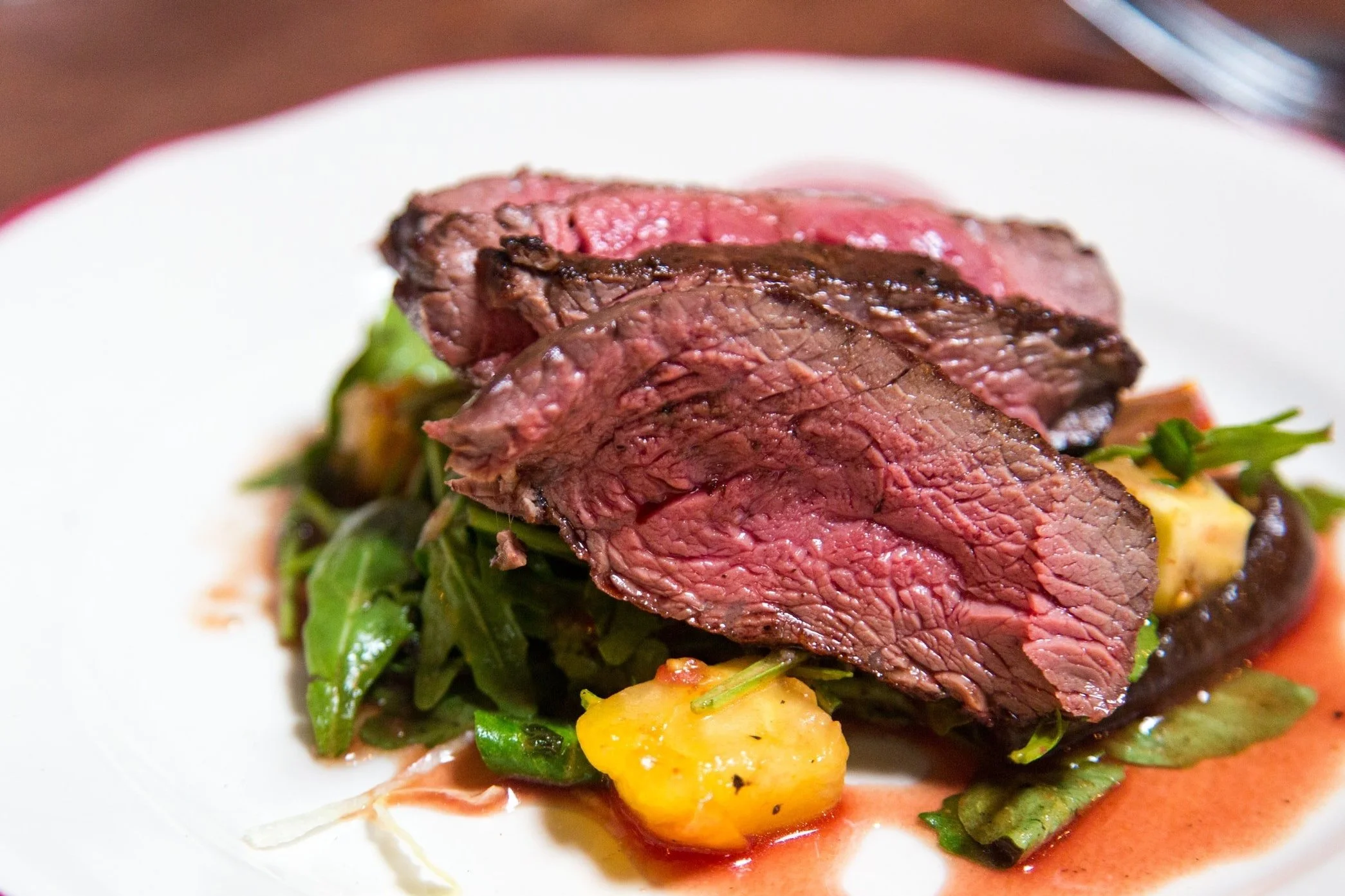Do I Need to Take Zinc for PCOS?
If you have PCOS then you may be overwhelmed with the choice of supplements out there which claim to help manage your symptoms.
PCOS is a common endocrine disorder with reproductive and metabolic consequences which impacts 1 in 10 people with ovaries in the UK. Symptoms of PCOS include acne, oily skin, hair loss, excessive hair growth, irregular periods, infertility and weight gain. Diet plays an important role in managing PCOS symptoms but in some instances, supplements can help support this.
Zinc isn’t one of the main supplements recommended for people with PCOS and may not be on your radar. But there are some studies suggesting that people with PCOS have lower levels of zinc (1) so should we be supplementing with zinc too?
Zinc is a mineral that is necessary for making new cells and enzymes, processing carbohydrates, fat and protein in food and wound healing. As it is involved in over 300 enzyme functions it plays a role in glucose and cholesterol metabolism plus fertility. We should be able to get all the zinc we need from a varied diet as zinc is present in meat, shellfish, dairy foods, cheese, bread and cereal products (2).
Zinc for PCOS
Zinc is important for insulin synthesis, release, action and storage so, considering that up to 95% of people with PCOS are estimated to have insulin resistance (3), it may play an important role in PCOS. Studies have found that zin supplementation significantly decreases both insulin concentration and insulin resistance index values (4,5).
People with PCOS are at an elevated risk of developing dyslipidemia and two studies have found eight weeks of zinc supplementation results in significantly decreased triglyceride, total cholesterol, LDL-cholesterol and VLDL-cholesterol concentrations (6,7).
Despite zinc being considered an anti-androgen as it inhibits the production of testosterone (8) and it has an effect on adrenal androgens (9), however, no association has been found between hirsutism and serum zinc concentration (1).
The evidence for zinc impacting PCOS and the symptoms associated with the syndrome are promising but more long-term, robust evidence is required to definitively recommend it to people with PCOS.
If you choose to supplement with zinc do not take more than 25mg of zinc supplements a day unless advised to by a doctor. This is because too much zinc reduces the amount of copper the body can absorb which may lead to anaemia (2). It is also important to note that zinc shouldn’t be supplemented in people with hemochromatosis.
Zinc supplements are just one of the supplements that you may want to include in your diet. You can read more about some of the other common supplements in PCOS on the blog.
Remember to speak with your GP or a nutrition professional before taking supplements.
If you would like more personalised advice about optimal nutrition to help in managing your PCOS symptoms, get in touch to book a FREE discovery call to find out more about my 1:1 consultations.
References
Nasiadek M, Stragierowicz J, Klimczak M, Kilanowicz A. The Role of Zinc in Selected Female Reproductive System Disorders. Nutrients. 2020;12(8):2464. Published 2020 Aug 16. doi:10.3390/nu12082464
NHS, 2019. Vitamins and Minerals Other [online]. Available from: https://www.nhs.uk/conditions/vitamins-and-minerals/others/
Calcaterra V, Verduci E, Cena H, Magenes VC, Todisco CF, Tenuta E, Gregorio C, De Giuseppe R, Bosetti A, Di Profio E, Zuccotti G. Polycystic Ovary Syndrome in Insulin-Resistant Adolescents with Obesity: The Role of Nutrition Therapy and Food Supplements as a Strategy to Protect Fertility. Nutrients. 2021 May 28;13(6):1848.
Pourteymour F., Alipoor B., Sadagiani M.M., Ostadrahimi A. Effect of zinc supplementation on cardiometabolic risk factors in women with polycystic ovary syndrome. J. Cardiovasc. Thorac. Res. 2010;2:11–20
Foroozanfard F., Jamilian M., Jafari Z., Khassaf A., Hosseini A., Khorammian H., Asemi Z. Effects of Zinc Supplementation on Markers of Insulin Resistance and Lipid Profiles in Women with Polycystic Ovary Syndrome: A Randomized, Double-blind, Placebo-controlled Trial. Exp. Clin. Endocrinol. Diabetes. 2015;123:215–220.
Zheng G, Wang L, Guo Z, Sun L, Wang L, Wang C, Zuo Z, Qiu H. Association of Serum Heavy Metals and Trace Element Concentrations with Reproductive Hormone Levels and Polycystic Ovary Syndrome in a Chinese Population. Biol Trace Elem Res. 2015 Sep; 167(1):1-10.
Foroozanfard F., Jamilian M., Jafari Z., Khassaf A., Hosseini A., Khorammian H., Asemi Z. Effects of Zinc Supplementation on Markers of Insulin Resistance and Lipid Profiles in Women with Polycystic Ovary Syndrome: A Randomized, Double-blind, Placebo-controlled Trial. Exp. Clin. Endocrinol. Diabetes. 2015;123:215–220
Aliyev U, Pehlivantürk-Kızılkan M, Düzçeker Y, Kanbur N, Aycan Z, Akgül S, Derman O. Is There Any Association Between Hirsutism and Serum Zinc Levels in Adolescents? Biol Trace Elem Res. 2020 Dec; 198(2):403-409.
Leake A, Chisholm GD, Habib FK. The effect of zinc on the 5 alpha-reduction of testosterone by the hyperplastic human prostate gland. J Steroid Biochem. 1984 Feb; 20(2):651-5.


